Fueling your workouts properly can make a big difference in performance and recovery. Here’s a breakdown of the best pre- and post-workout meals, focusing on specific foods and nutrients that can help you get the most out of your exercise routine.
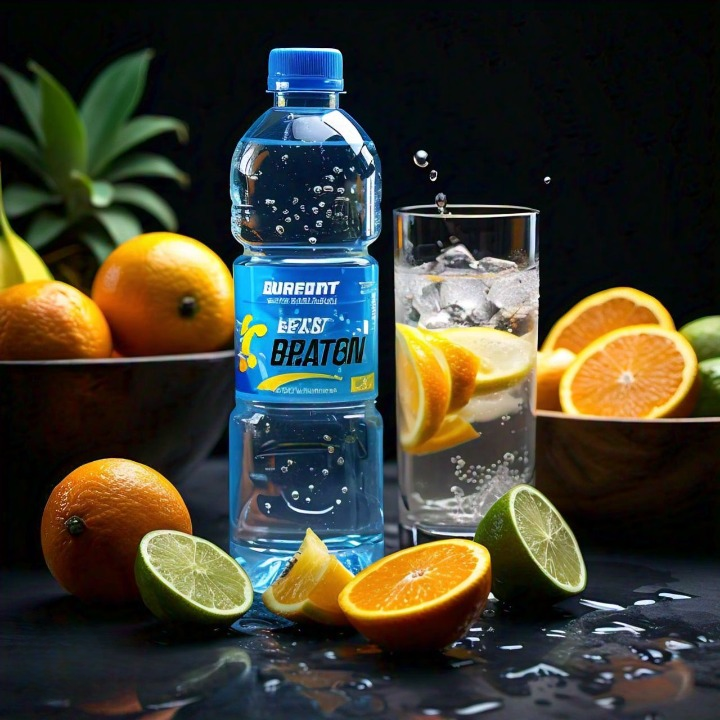
Pre-Workout Meals
- Carbohydrates: Carbs are your body’s main energy source, especially during high-intensity workouts. Eating carbs before exercising can help you sustain energy levels and improve performance.
Examples: Oatmeal, whole-grain toast, bananas, sweet potatoes.
- Protein: Including protein in your pre-workout meal can help with muscle repair and growth.
Examples: Greek yogurt, eggs, lean chicken.
- Healthy Fats: A small amount of healthy fats can provide sustained energy.
Examples: Avocado, nuts, seeds.
- Timing: Aim to eat your pre-workout meal about 1-2 hours before exercising to give your body time to digest.
Sample Pre-Workout Meal: Greek yogurt with honey, berries, and a sprinkle of granola.
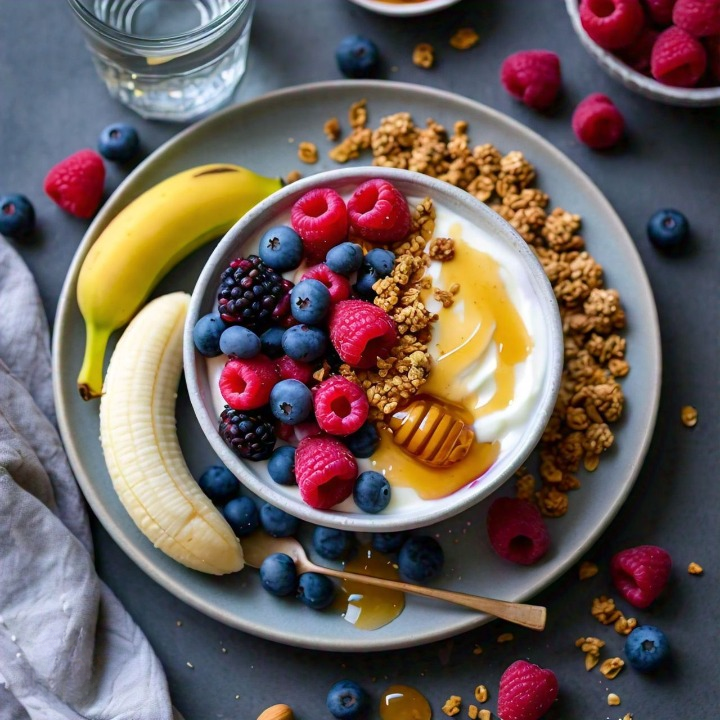
Post-Workout Meals
- Protein: After a workout, protein helps repair and build muscle. Aim for a high-quality protein source.
Examples: Whey protein, lean meats, tofu, fish.
- Carbohydrates: Replenishing glycogen stores is crucial after exercise. Include some carbs to help with recovery and energy levels.
Examples: Quinoa, brown rice, fruit.
- Healthy Fats: Healthy fats can help with inflammation and overall recovery, but they should be consumed in moderation post-workout.
Examples: Olive oil, nuts, seeds.
- Hydration: Rehydrate with water or an electrolyte-rich drink to replace fluids lost through sweat.
- Timing: Try to eat within 30-60 minutes after your workout to optimize recovery.
Sample Post-Workout Meal: Grilled chicken breast with sweet potato and a side of mixed vegetables.
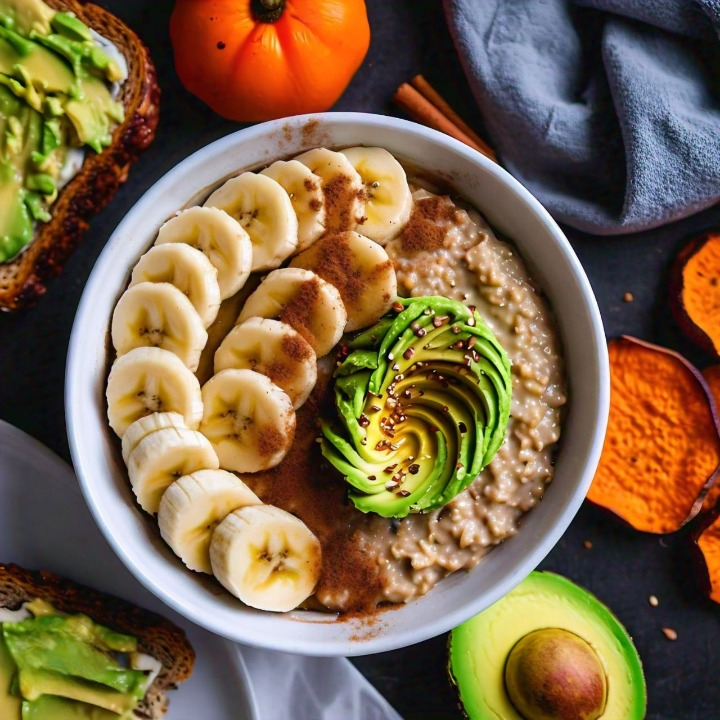
Nutrients to Focus On
1. Protein: Essential for muscle repair and growth. Aim for around 10-20 grams in your post-workout meal.
2. Carbohydrates: Important for replenishing glycogen stores. A 3:1 ratio of carbs to protein is often recommended for optimal recovery.
3. Electrolytes: Sodium, potassium, and magnesium help with fluid balance and muscle function. Sports drinks or foods like bananas can help.
4. Antioxidants: Foods rich in antioxidants can help reduce exercise-induced oxidative stress and inflammation.
Examples: Berries, cherries, and green leafy vegetables.
5. Omega-3 Fatty Acids: These can help reduce inflammation and support overall recovery.
Examples: Fatty fish like salmon, flaxseeds, and chia seeds.
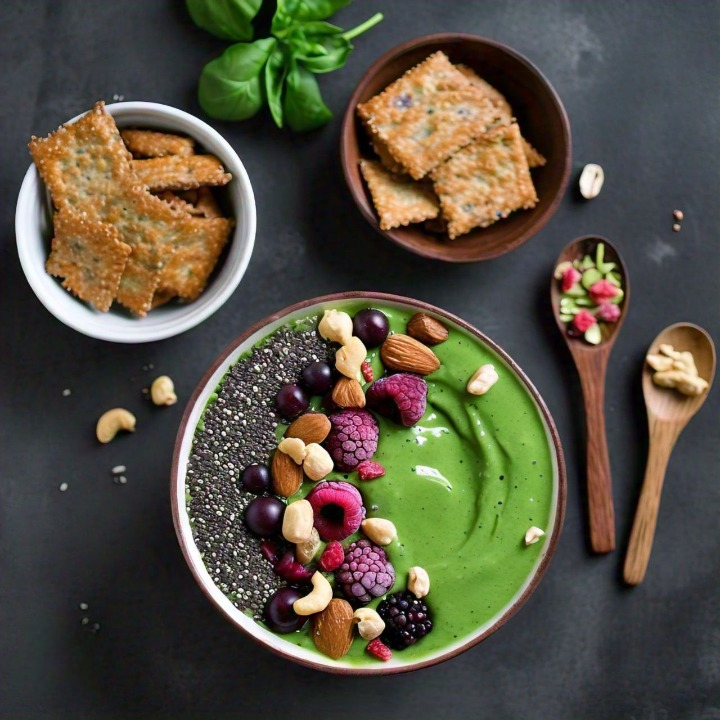
Additional Tips
Listen to Your Body: Everyone’s digestive system and energy needs are different. Notice how various foods impact your performance and recovery.
Balance and Variety: Incorporate a variety of foods in your diet to ensure you’re getting a broad range of nutrients.
Consistency: Consistent eating habits that support your workout regimen can help you see better long-term results.
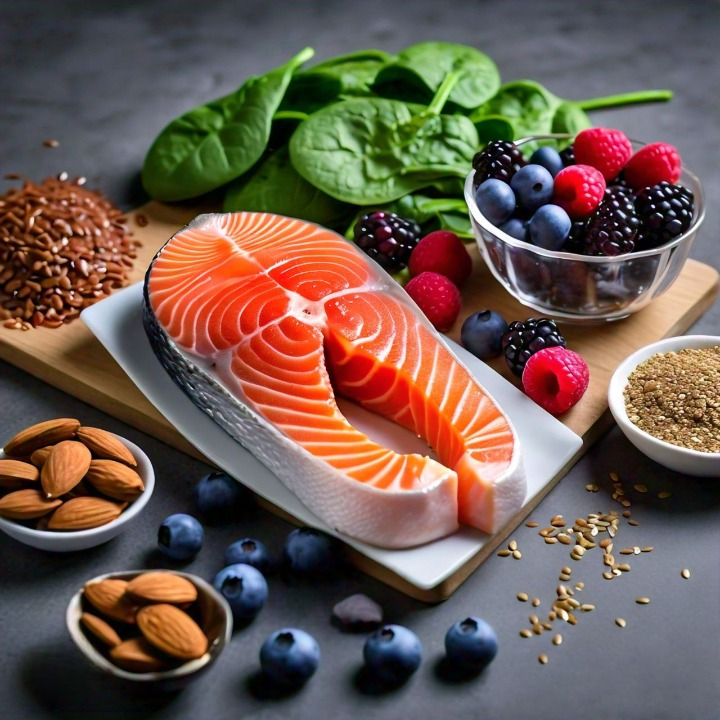
Proper nutrition is a key component of any fitness routine. By paying attention to what you eat before and after your workouts, you can enhance your performance, support muscle growth, and improve your overall recovery.

